Navigating the healthcare system can be a labyrinthian process for musicians. Activists and lawmakers are looking for solutions
Chappell Roan brought the music industry’s treatment of artists back into the national consciousness this week during her Grammy acceptance speech for Best New Artist, challenging music companies to do better by young, developing artists.
“Record labels need to treat their artists as valuable employees with a livable wage and health insurance and protection,” Roan said. “Labels, we got you, but do you got us?”
Roan’s comments reflect a deeply frustrating system that leaves many artists feeling vulnerable and powerless, but the healthcare system for musicians — like for most people in the United States — is even more difficult to navigate than even Roan’s comments would suggest. So how does it actually work?
One might assume from Roan’s speech that artists at major labels don’t get access to insurance at all, but that’s not necessarily the case. While the labels don’t directly provide coverage for their artists the way that most employers in other industries do, they do have agreements in place with SAG-AFTRA that allow their artists to qualify for insurance through the powerful entertainment-industry union.
As SAG’s executive director, Duncan Crabtree-Ireland, explains, recording artists who are signed under royalty deals with the big three major record companies — Universal Music Group, Sony Music Entertainment, and Warner Music Group — remain eligible for health insurance coverage regardless of their annual earnings from their recordings as long as they’re signed to the label. The premiums for those plans currently sit at $375 per financial quarter, according to SAG’s site. Another union, the American Federation of Musicians, represents instrumentalists such as session musicians and offers healthcare options as well.
Crabtree-Ireland says he spoke briefly with Roan after her speech and wants to find ways to raise awareness among the artist class so they can be more knowledgeable about what resources are available to them.
Editor’s picks
“We’re trying to get the word out,” Crabtree-Ireland says. “Artists in the music industry, in contrast to film and television, often work independently, so sometimes that leads to a bit of isolation, where information isn’t automatically shared by being around people.”
A lack of awareness about these types of union resources has been an issue for recording artists for years. Still, the SAG deal with the labels doesn’t completely address the problems that Roan highlighted.
For one, artists signed to a major record label represent just a small percentage of all the recording artists in the business. Artists at many independent labels are not eligible for the same SAG deal, as their labels haven’t carved out deals with the union. The same goes for any unsigned artists who are still trying to get a foothold in the industry.
If an artist gets dropped — like Roan did from WMG’s Atlantic Records back in 2020 — they lose their insurance eligibility and either have to find a plan through the Affordable Care Act or through COBRA, which can be incredibly expensive. This can be particularly difficult for artists who sign young and don’t have training to enter another field, but it’s ultimately similar to what employees in more typical jobs have to face if they quit or get fired.
Advocates and music policy experts who spoke with Rolling Stone acknowledge that the insurance issue goes far beyond musicians, impacting every industry in this country — and they argue the only shot for systemic improvement comes from the federal government.
“Our system is fragmented. Changes should be made on a federal level ideally to include more people at lower cost,” says Renata Marinaro, managing director of health services at the Entertainment Community Fund, which helps provide resources to those in music and entertainment without insurance.
Related Content
She notes that navigating insurance networks can be challenging for artists who tour. “If you are a musician that’s touring and you get your coverage through the marketplace in New York City, you’re not [necessarily] going to be covered in Ohio or California,” she continues. “It’s frustrating for me to tell somebody that it’s easier for you to travel around Europe and see different doctors with travel insurance than it is for you to travel around the United States. Ultimately, we have to get away from these state-based silos and have an answer that’s federal and makes insurance more affordable.”
Most of the policy experts Rolling Stone spoke with advocated for some form of universal healthcare system to give freelancers easily accessible coverage that isn’t dependent on an employer.
“For so many musicians, you’re moving between employers so frequently. Most musicians, you’ve got many different people paying you — you’ve got several labels, streaming services, every time you play a festival,” says Joey La Neve DeFrancesco, an organizer at United Musicians and Allied Workers. “It’s a dizzying array of people. That’s the case for a lot of freelancers across industries. It’s hard to imagine a situation that’s not advocating for some kind of single-payer situation in the United States, and not having healthcare dependent on an employer relationship.”
The healthcare question is just one part of a broader conversation on how artists are classified in the industry. While Roan called for labels to treat artists as “valued employees,” even that statement is a bit thorny when it comes to the details. Technically, label artists aren’t considered employees at all; if they were, that might open the door for the labels they worked for to take 100 percent ownership of their music under a so-called “work for hire” standard. As such, being reclassified as employees isn’t a particularly popular movement in the industry.
Kevin Erickson, the director of the Future of Music Coalition, a nonprofit music policy group in Washington, D.C., contrasts this with the situation faced by some other kinds of gig workers. “For example, Uber drivers have been organizing to try and get reclassified as employees instead of independent contractors, because for an Uber driver, being a W-2 employee can potentially solve a lot of problems,” Erickson says. “There are situations for some musicians where reclassification is appropriate, but for a recording artist that’s signed to a label, that brings up a lot of questions that independent contractors in other parts of the economy aren’t wrestling with.”
Still, Erickson and other advocates like DeFrancesco are pushing to find ways to give artists better resources while still keeping their intellectual property.
UMAW, for instance, worked with Rep. Rashida Tlaib (D-Michigan) last year to introduce the Living Wage for Musicians Act, a bill that sought to establish a new royalty stream by tacking on a fee to subscription services and adding more money to the paltry income many artists see from their streams.
“Artists in the music industry are simply not organized enough,” DeFrancesco says. “The solution to a lot of these issues has to inevitably be joining an organization and taking collective action, to force the industry to take artists more seriously.”

 3 hours ago
2
3 hours ago
2



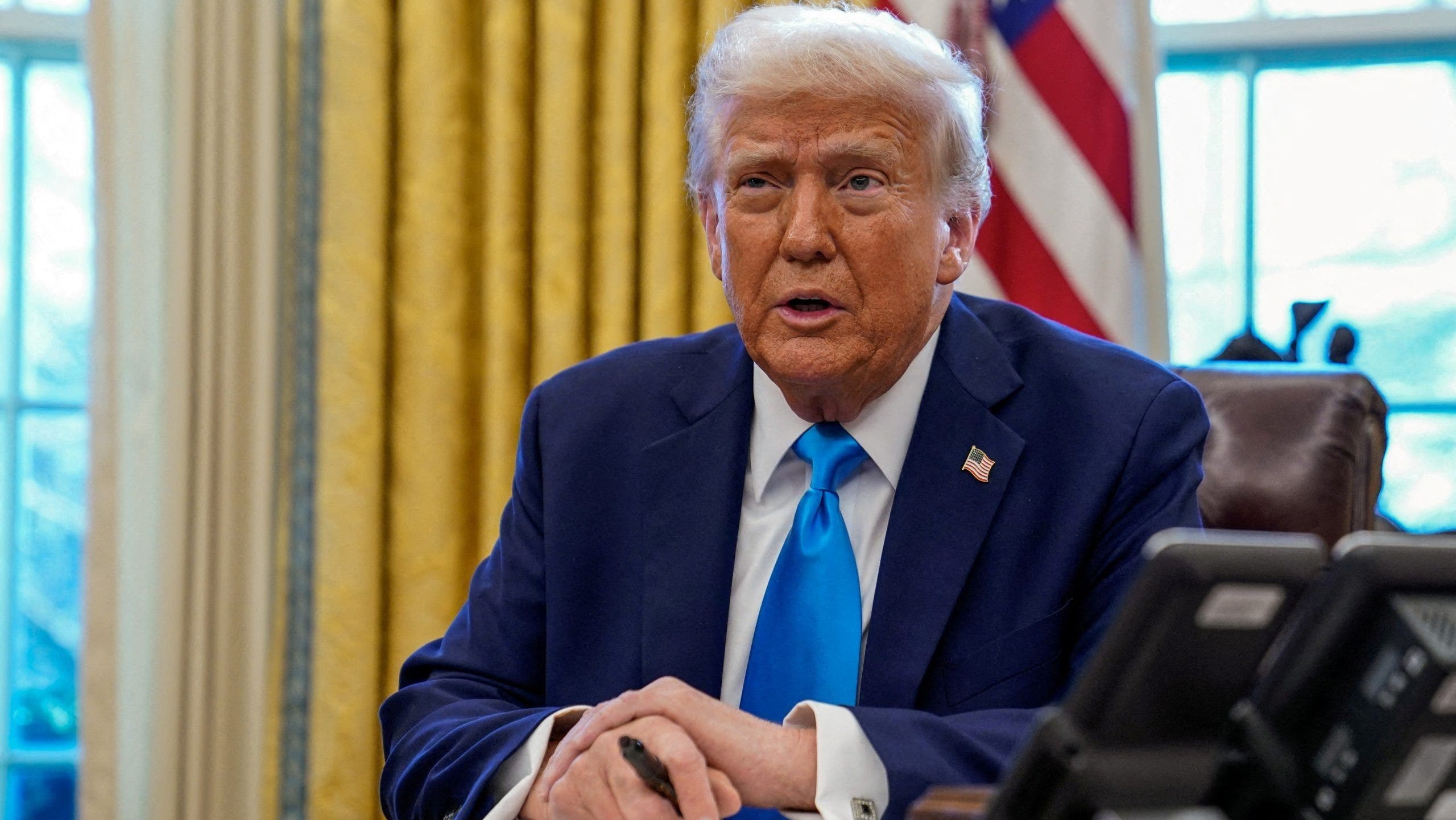




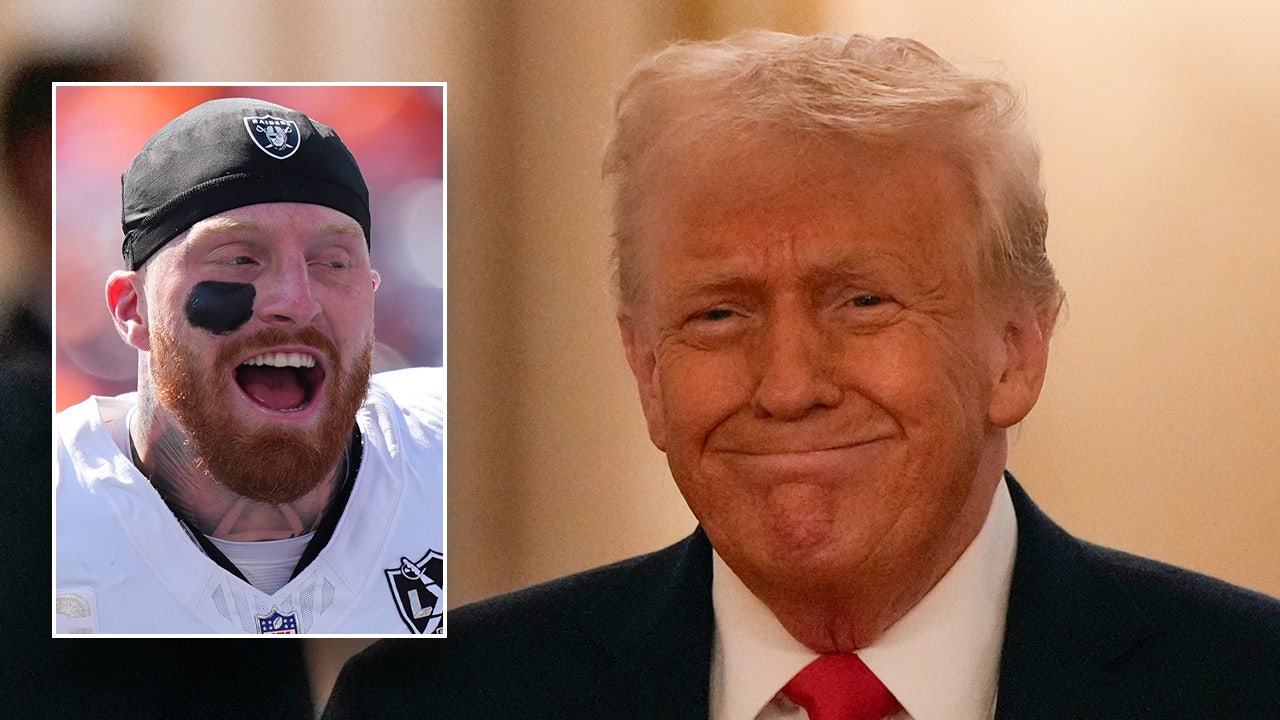
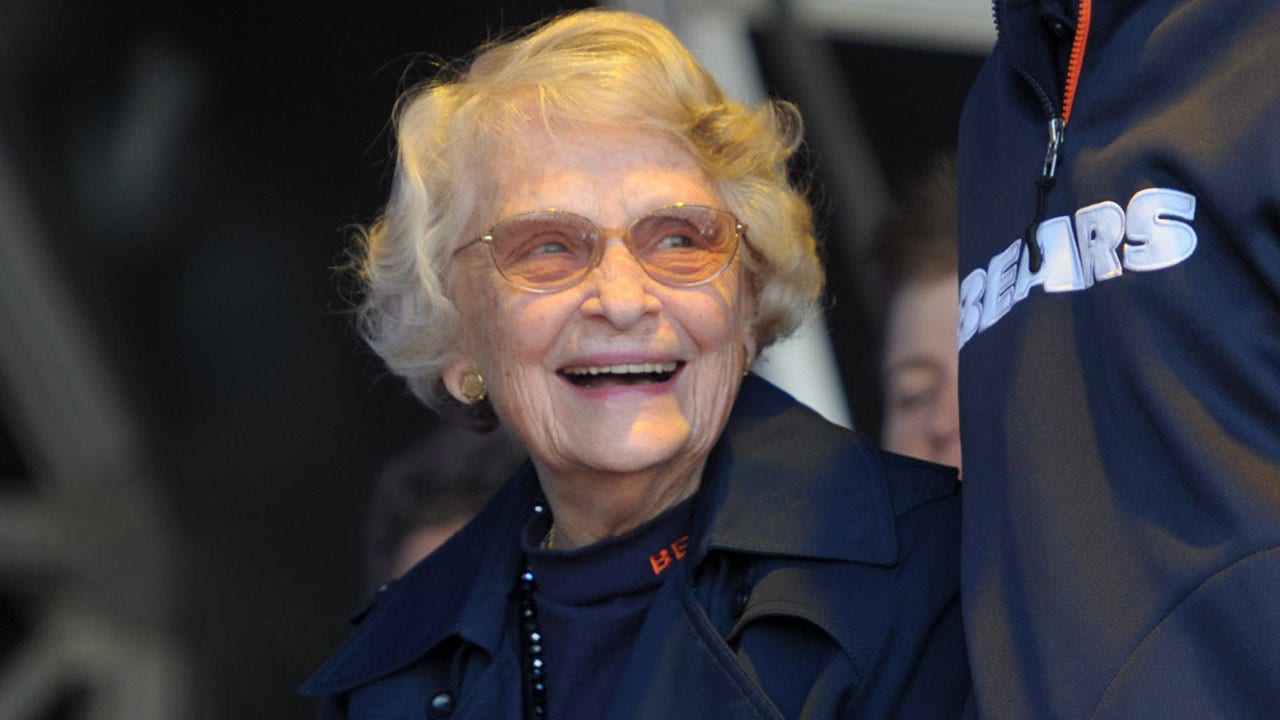






.png)

.png)
.png)
.png)





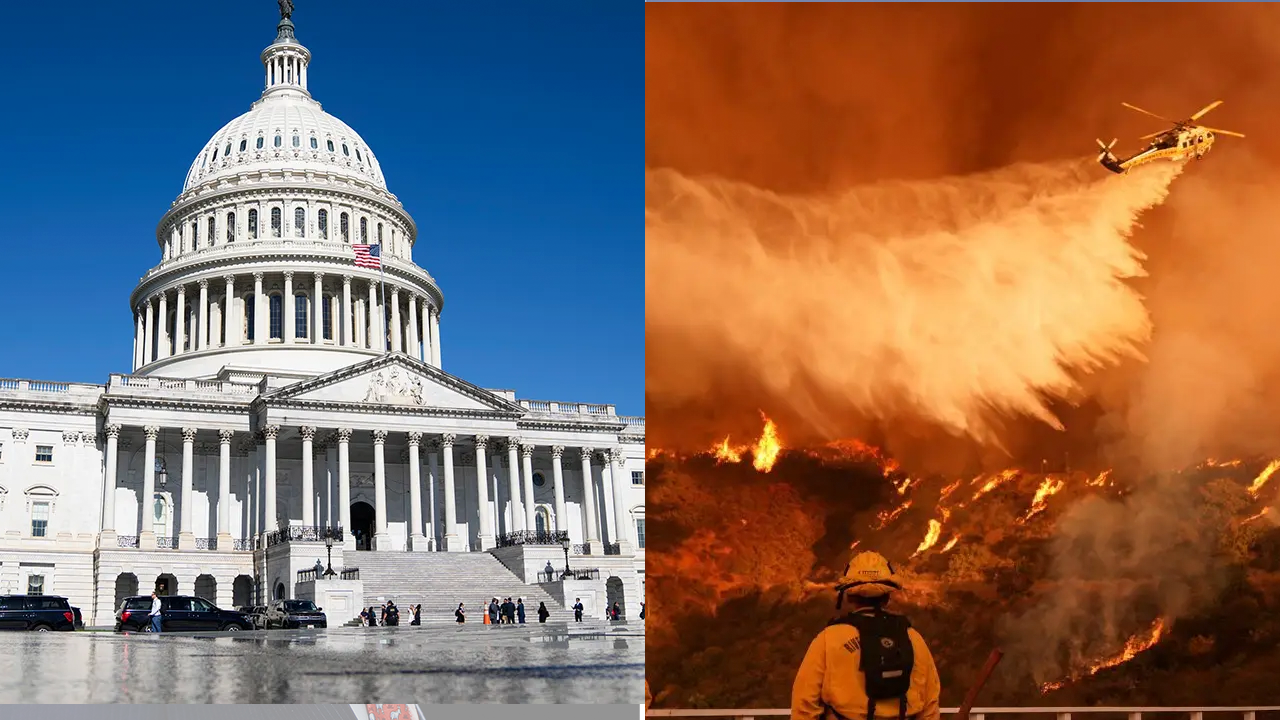
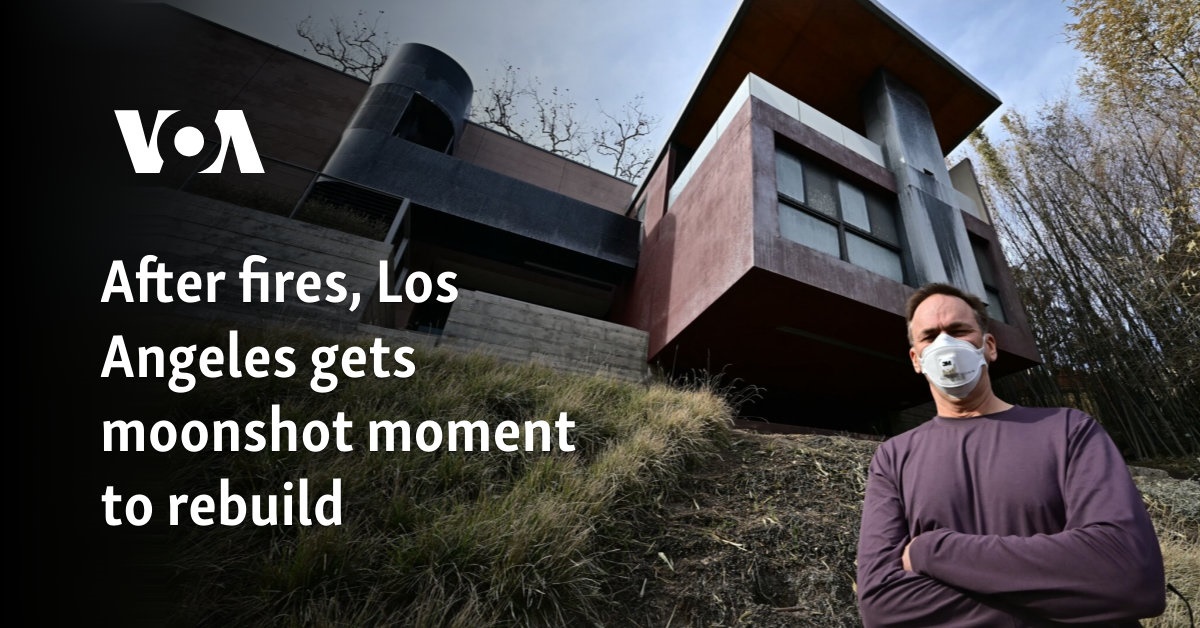


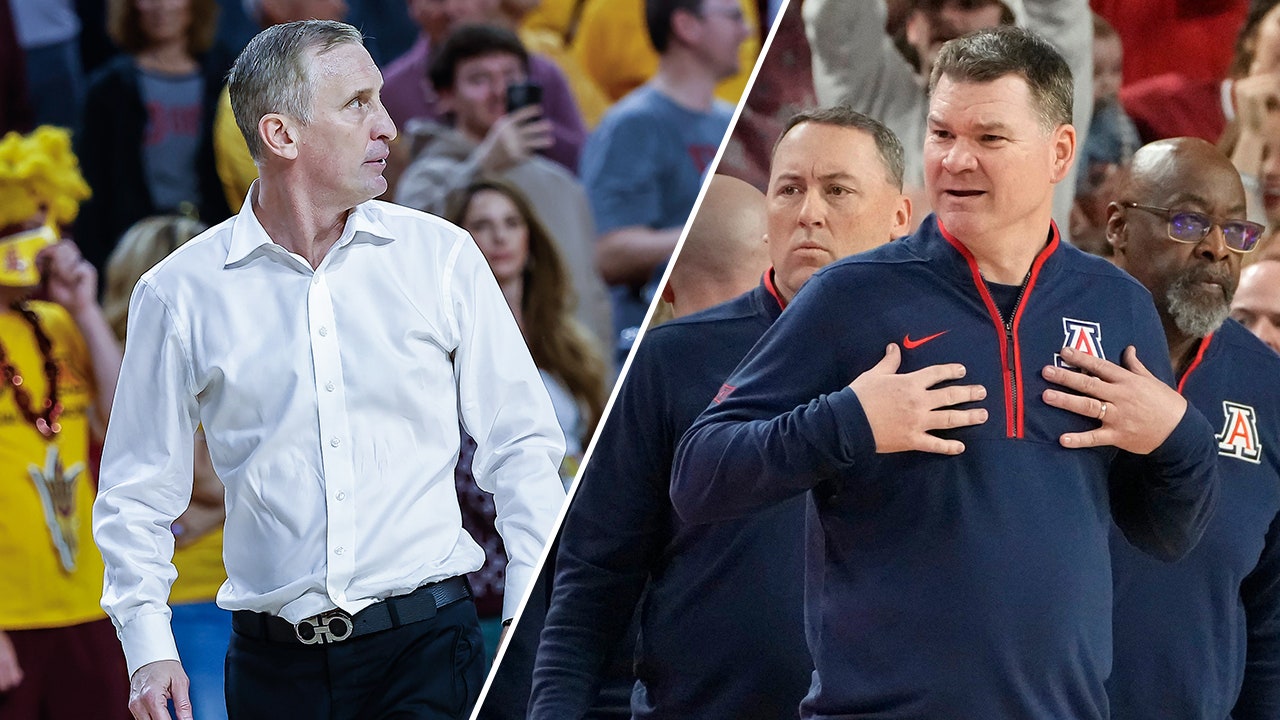



 English (US) ·
English (US) ·  Hindi (IN) ·
Hindi (IN) ·